Retro Replay Review
Gameplay
Cassandra’s Journey: The Legacy of Nostradamus offers a classic hidden‐object experience with a clever twist on pacing and variety. Each chapter challenges you to uncover everyday and arcane artifacts hidden within richly detailed scenes, using a list that sometimes swaps straightforward labels for mysterious silhouettes or playful riddles. This keeps familiar hidden‐object gameplay feeling fresh, as you learn to interpret visual clues rather than simply scanning for verbatim item names.
(HEY YOU!! We hope you enjoy! We try not to run ads. So basically, this is a very expensive hobby running this site. Please consider joining us for updates, forums, and more. Network w/ us to make some cash or friends while retro gaming, and you can win some free retro games for posting. Okay, carry on 👍)
Beyond the core search mechanics, the game peppers in a suite of casual mini-games—match-three puzzles, word searches, jigsaws, spot-the-difference challenges and even a mahjong variant. These interludes pop up between chapters and serve two functions: they break up the hidden-object grind and reward pattern recognition skills in new ways. Difficulty ramps gradually, so newcomers can build confidence before facing time-pressured bonus levels.
Interspersed between stages are theatrical magic tricks courtesy of Nostradamus’ ghostly presence. Card manipulations and numerical illusions play out in short animated sequences, reinforcing the mystical tone and giving players a brief mental palette cleanser before diving back into object hunts. These sequences feel more like narrative set pieces than mere “loading screens,” enhancing engagement without overstaying their welcome.
To keep frustration at bay, Cassandra’s Journey features a jewel‐based hint system. Jewels scattered around each scene serve as currency for three hint types: the magnifier spotlights a single hidden item, the question mark reveals a general area, and the gem-encrusted wand glows brighter as you near a target. This layered support allows veteran players to challenge themselves while offering novices an accessible safety net.
Graphics
The visual presentation of Cassandra’s Journey is one of its strongest assets. Hand-painted backgrounds evoke the dusty libraries and secret chambers of Renaissance Europe, each environment rendered with warm hues and meticulous detail. Architectural flourishes—stained glass windows, flickering candles, carved stone alcoves—create an atmosphere that feels both historical and enchanted.
Hidden objects are thoughtfully integrated into their surroundings, often doubling as scenic adornments. This deliberate design choice rewards careful observation, as a key might be disguised within a coat of arms or a quill tucked behind a scroll. Silhouettes and riddle prompts are drawn in the same art style, ensuring consistency across all gameplay elements.
Mini-games and magic trick sequences introduce slicker, more animated visuals without clashing with the main art direction. Cards shuffle and flip with smooth transitions, numbers cascade in glowing runes, and puzzle pieces snap into place with satisfying flourishes. These dynamic moments feel polished, adding bursts of motion to break up the still-scene explorations.
The user interface is clean and unobtrusive. Object lists appear at the screen’s bottom in ornate frames that match the era’s aesthetic, and hint controls are clearly labeled yet visually integrated into the overall design. Even the cursor transforms when hovering over interactive elements, reinforcing the game’s attention to visual coherence.
Story
At the heart of Cassandra’s Journey is the quest of a young mystic determined to recover her lost magical ring. Guided by the spectral wisdom of Nostradamus himself, Cassandra journeys through hidden archives and forbidden chambers to piece together clues about her family’s legacy. This premise infuses the hidden‐object formula with a narrative impetus rarely seen in casual games.
The ghost of Nostradamus serves as both mentor and raconteur. His occasional asides—delivered via brief text and voiceovers—provide historical context, foreshadowing and a touch of humor. Players feel encouraged to continue not just for the satisfaction of finding items, but to uncover the next twist in Cassandra’s fate.
Riddles that replace object names on the search list often draw from esoteric lore, prompting players to connect the dots between myth and environment. For instance, a “vessel for elixirs” might point to a bejeweled flask hidden near a bookshelf, nudging players to think like an alchemist rather than a scavenger.
While the story’s central mystery unfolds at a measured pace, optional journal entries and collectible notes deepen the worldbuilding. These extras reveal snippets of Nostradamus’ prophecies and Cassandra’s personal reflections, offering keen players a more immersive backstory to savor after each chapter’s conclusion.
Overall Experience
Cassandra’s Journey: The Legacy of Nostradamus shines as a well-crafted hidden-object adventure that balances challenge, variety and narrative intrigue. Its blend of atmospheric art, clever riddles and multipronged hint system makes it accessible for beginners while still engaging seasoned casual gamers looking for a fresh take on the genre.
The assortment of mini-games and magic trick interludes inject energy into the gameplay loop, preventing the experience from feeling repetitive. Moreover, the collectible jewels and layered hint options allow players to tailor the difficulty to their own tastes, whether they crave a soothing stroll through antique libraries or a time-pressured treasure hunt.
Though some mini-games may feel familiar to anyone who has dipped into casual puzzle collections, their presentation and thematic tie-ins keep them from seeming like afterthoughts. The narrative drive—retrieving Cassandra’s ring under the guidance of a legendary seer—provides a satisfying motivation that threads every challenge together.
For those seeking a hidden-object title with a dash of magic, charming visuals and a cohesive storyline, Cassandra’s Journey delivers on all fronts. Its measured pacing and adjustable difficulty settings ensure replayability, making it a worthy addition to any casual gamer’s library.
 Retro Replay Retro Replay gaming reviews, news, emulation, geek stuff and more!
Retro Replay Retro Replay gaming reviews, news, emulation, geek stuff and more!
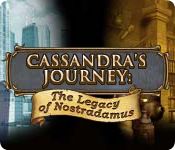

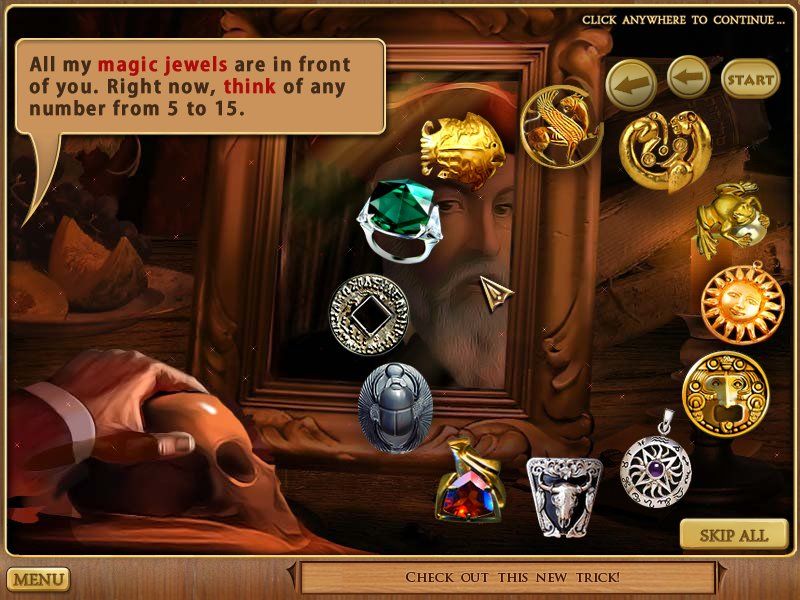

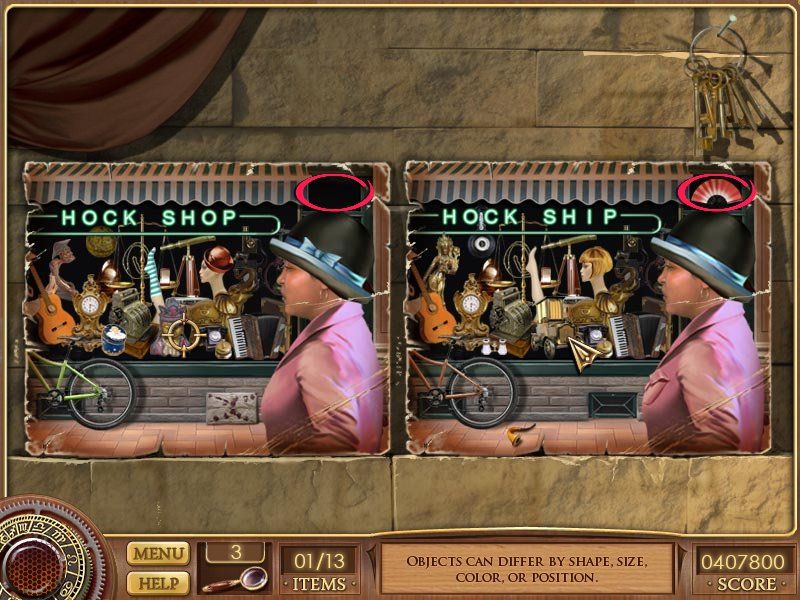
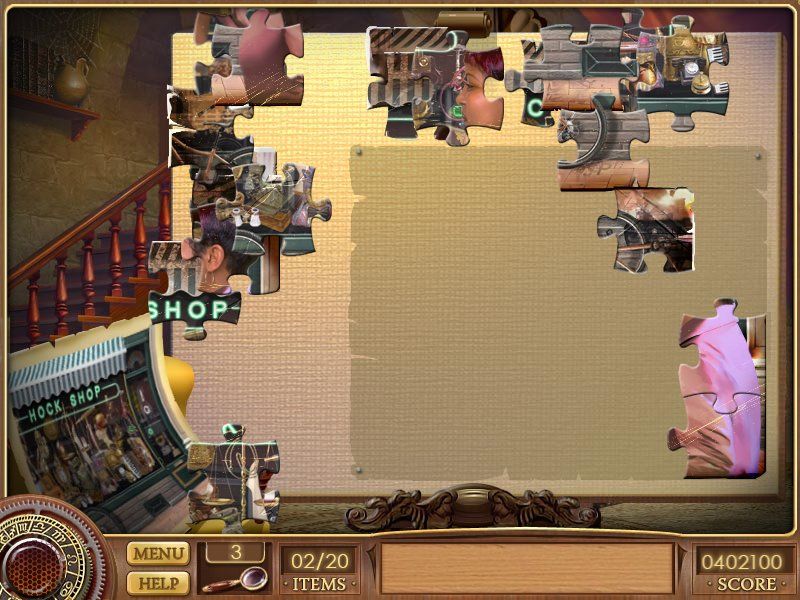


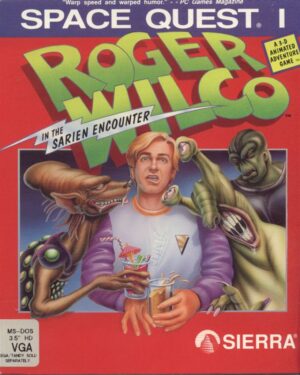
Reviews
There are no reviews yet.